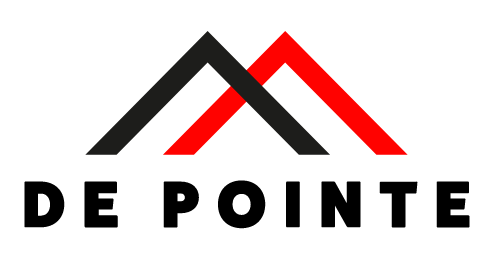Article
How has the fallout from the SVB collapse impacted the global economy?
“When cracks start to appear, there is little hope of holding back the tide”
When news broke last weekend of the collapse of the Silicon Valley Bank, panic spread throughout the globe like wildfire across an arid landscape. The bankruptcy of the California Bank echoed the collapse of Lehman Brothers in 2008 which of course signposted the worst global recession seen since the Great Depression of the early 20th century. While many might think that the collapse of a relatively unknown lender based in Santa Clara will have little effect on investors elsewhere in the globe, as former Federal Reserve chairman Alan Greenspan put it, the similarity between dams and financial markets is that once the cracks start to appear there is little hope of holding back the tide.
The collapse of Silicon Valley Bank was followed shortly after by a financial domino effect spreading around the globe starting with the collapse of Signature Bank based in New York.
Global Finance Market
In the aftermath of SVB’s collapse, it was reported that a tremendous $465 billion had been wiped off the value of global financial stocks due to a mass selloff by shareholders who were spooked by the news of SVB. This had implications reaching far around the globe including Japan which reported that Nikkei was down 2.2%. Tech companies were also subject to significant sell-offs but not at the same scale as the hit to finance stocks.
Alecta
It was also revealed that Alecta, Sweden’s largest pension provider was the 4th biggest shareholder in SVB resulting in potential losses of up to 12 billion kronor. This loss is just one example of how the American crisis can have such a wide impact across the globe.
London Banks and Lenders
After the collapse of SVB, London-based banks and lenders suffered extreme blows with Virgin Money experiencing losses of 9%. This significant impact on UK-based banks could potentially be just the beginning of a slew of damages incurred on our side of the pond.
Credit Suisse
Robert Kiyosaki, famed Wall Street analyst and investor who predicted the fall of Lehman Brothers, believes that all the current indications point towards Credit Suisse being the next bank to collapse. Kiyosaki believes delays in releasing their annual reports and rapidly increasing costs of their credit default swaps (which are at the highest level since 2008) will have a devastating impact on the Swiss banking titan.
Kiyosaki continued to explain that hyperinflation is a likely outcome of the increasing amounts of cash being printed by the Federal Reserve in the US claiming that alternative investments such as gold may be the best option for anyone to protect their investments and their cash.
Amidst the turmoil facing the mainstream financial world, many investors may be wondering how best to protect their assets. As suggested by Robert Kiyosaki, alternative investments allow investors to protect their assets from any further instability that could arise in the aftermath of the collapse of major financial establishments such as Silicon Valley Bank. Alternative investment markets are uncorrelated from mainstream markets meaning fluctuations in stock markets or the economy will not have an impact on alternative markets. More than just a safety net, some alternative investments such as Fine Art have shown greater performance than markets like S&P 500.
Trust De Pointe to guide you through the complexities of the alternative investment market. Contact us today to learn more about our services and how we can help you achieve your investment objectives.
